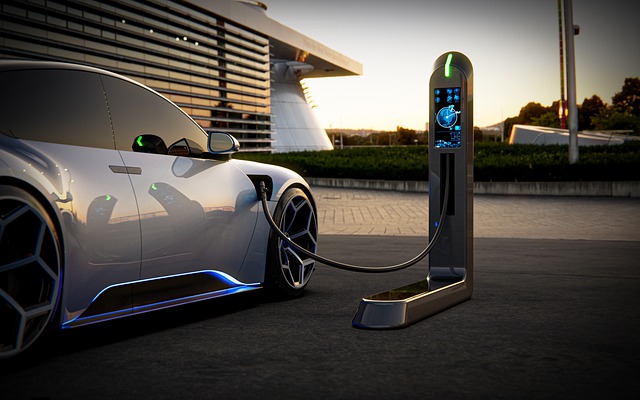
Electric vehicles (EVs) are powered by batteries. While combustion-engine vehicles have a battery as well, EVs have an eclectic motor that’s driven by a battery. You can’t drive an EV with a dead battery. While you might be familiar with the purpose of an EV battery, there are probably some things you don’t know about them. Here are five surprising facts about EV batteries.
#1) Lasts for a Decade or Longer
No EV battery lasts forever. Over time, the constant discharging and charging cycles will degrade their performance. The good news is that most EV batteries will last for up to a decade. A study conducted by the National Renewable Energy Laboratory even found that modern EV batteries can last for 12 to 15 years in moderate climates and eight to 12 years in extreme climates.
#2) Accounts for Roughly One-Third of an EV’s Value
You might be surprised to learn that the battery accounts for roughly one-third of a typical EV’s value. The price of EVs has dropped in recent years. According to one report, the average cost of a new EV in the United States is $64,000, which doesn’t take into account tax credits and other government incentives. But EV batteries are expensive, with most of them accounting for about one-third of the total value of an EV.
#3) EVs Have Multiple Batteries
Most EVs don’t have a single battery. Instead, they feature a battery pack consisting of many different individual cells. The Tesla Model S, for example, comes with a 16-module battery pack featuring nearly 7,000 cells. It weighs several hundred pounds, but it allows the Tesla to go from zero to 60 in just four seconds.
#4) There Are Different Types of EV Batteries
There are several different types of EV batteries. The most common type of lithium-ion. Lithium-ion batteries were originally developed for use in laptops and similar consumer electronics. Over time, however, their use has expanded into other applications, such as EVs. While lithium-ion is the most common type of EV battery, others include nickel-metal hydride and sodium nickel chloride.
#5) Heat Exposure Is the Leading Cause of Degradation
Some drivers assume that usage is the leading cause of EV battery degradation, but research has debunked this belief. Usage does, in fact, affect the performance of an EV battery, but the leading cause of degradation is heat exposure. EV batteries that are regularly exposed to heat will degrade more quickly than those exposed to moderate or cool temperatures.

